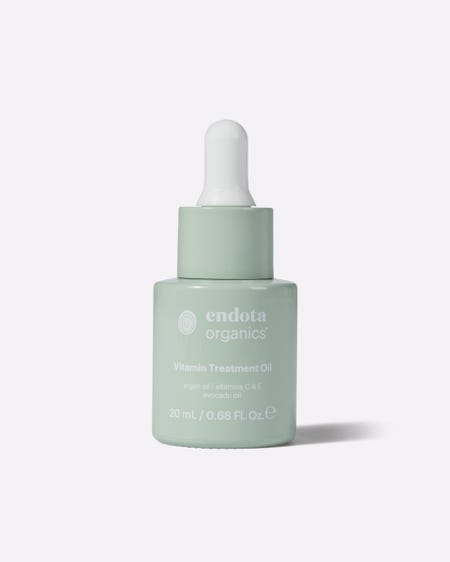
did you know massage can reduce our response to stress?
the proven impact of massage on our ability to manage stress
Stress has a profound impact on our physical and mental wellbeing, affecting us in ways we may not realise. Spending too much time with our bodies under stress with insufficient periods of rest, prevents our bodies from being able to effectively perform the vital tasks of resting, digesting, healing and reproducing. This has such an influence on our health that the World Health Organisation, (WHO) has classified stress as the leading health epidemic of the 21st century.
Identifying healthy relaxation strategies that easily fit into our lifestyle and help mitigate stress is more important now than ever before. For years we have watched the immense change experienced by women post-massage, so to determine the true physiological and emotional impact of our Organic Relax massage we teamed up with women’s health scientist, Dr Hayley Dickinson, PhD and invited a group of women to participate in an in spa study.


the known benefits of massage
Science has shown that a good massage stimulates components of our parasympathetic nervous system, effectively helping us de-stress. It decreases our heart rate and blood pressure and increases endorphin and oxytocin hormone levels, both known to calm and relax us.
Massage also decreases the activity of our stress hormone cortisol, further contributing to stress reduction[1]. Additionally, massage has been shown to stimulate our circulation and enhance our body’s own detoxification process. The SBS documentary, “Trust Me, I’m a Doctor” demonstrated a remarkable 70% increase in white blood cells in 7 volunteers receiving massage for the show. Changes in white blood cell counts are also observed across other studies[2]. With so many impressive benefits, we decided to dig even deeper to determine the specific impact of our Organic Relax massage.


in-spa study results
Based on our in-spa study results, the endota spa Organic Relax massage is shown to:
- Decrease heart rate by up to 10.6%. this reduction in heart rate indicates a relaxation response to the treatment.
- Reduce perceived stress levels in women, compared to their pre massage observations.
- Reduce muscle tension in women, compared to their pre massage observations.
- Help women feel more balanced and connected with themselves in mind and body.
- Induce relaxation in the women studied, regardless of their emotional state prior to the massage.
- Be most effective in ‘stressed’ women. Self-reported ‘stressed’ women gained the most benefit from the Organic Relax massage. These women showed:
- The greatest shift in their self-reported emotional state.
- The greatest decrease in heart rate during the massage, compared to prior to the massage.
Based on the findings from the massage study, it’s time to reconsider how we manage stress and look to activities and methods proven to help us relax both mentally and physically, such as massage, meditation or spending more time in nature. The current strategies many Australians use to manage stress, such as watching TV, often compound the problem and create a perpetual cycle of poor health. We need to say goodbye to self-destructive stress management and develop positive coping strategies that can make us feel good without harming our health long term.
To access the full Organic Relax Massage Report, click here.


Dr Hayley Dickinson
Dr Hayley Dickinson, BSc (Hons), PhD is a women’s health expert. In addition to a successful career as a respected scientific advisor and researcher, Hayley is also a mother committed to her own journey of selfcare. Her personal quest is to work with and inspire as many women as she can to achieve their health and wellbeing goals, and prioritise themselves and their individual needs.
These data were collected as part of the endota spa Organic Relax massage feasibility trial coordinated by Dr Hayley Dickinson, PhD. Sixteen women gave informed written consent to be a part of the study. Participants completed questionnaires about themselves and their emotional state and muscle tension before and after receiving a complimentary endota spa Organic Relax massage. Throughout their time in spa, women wore a small heart rate monitoring device, the inner balance, developed by HeartMath, to constantly record their heart rate and heart rate variability.
[1] Christine Waters-Banker, Esther E. Dupont-Versteegden, Patrick H. Kitzman and Timothy A. Butterfield. Investigating the Mechanisms of Massage Efficacy: The Role of Mechanical Immunomodulation. Journal of Athletic Training 2014;49(2):266–273
[2]Mark H. Rapaport, Pamela Schettler and Catherine Bresee. A preliminary study of the effects of repeated massage on hypothalamic-pituitary-adrenal and immune function in healthy individuals: A study of mechanisms of action and dosage. Journal of Alternative and Complementary Medicine 2012;18(8):789-797



